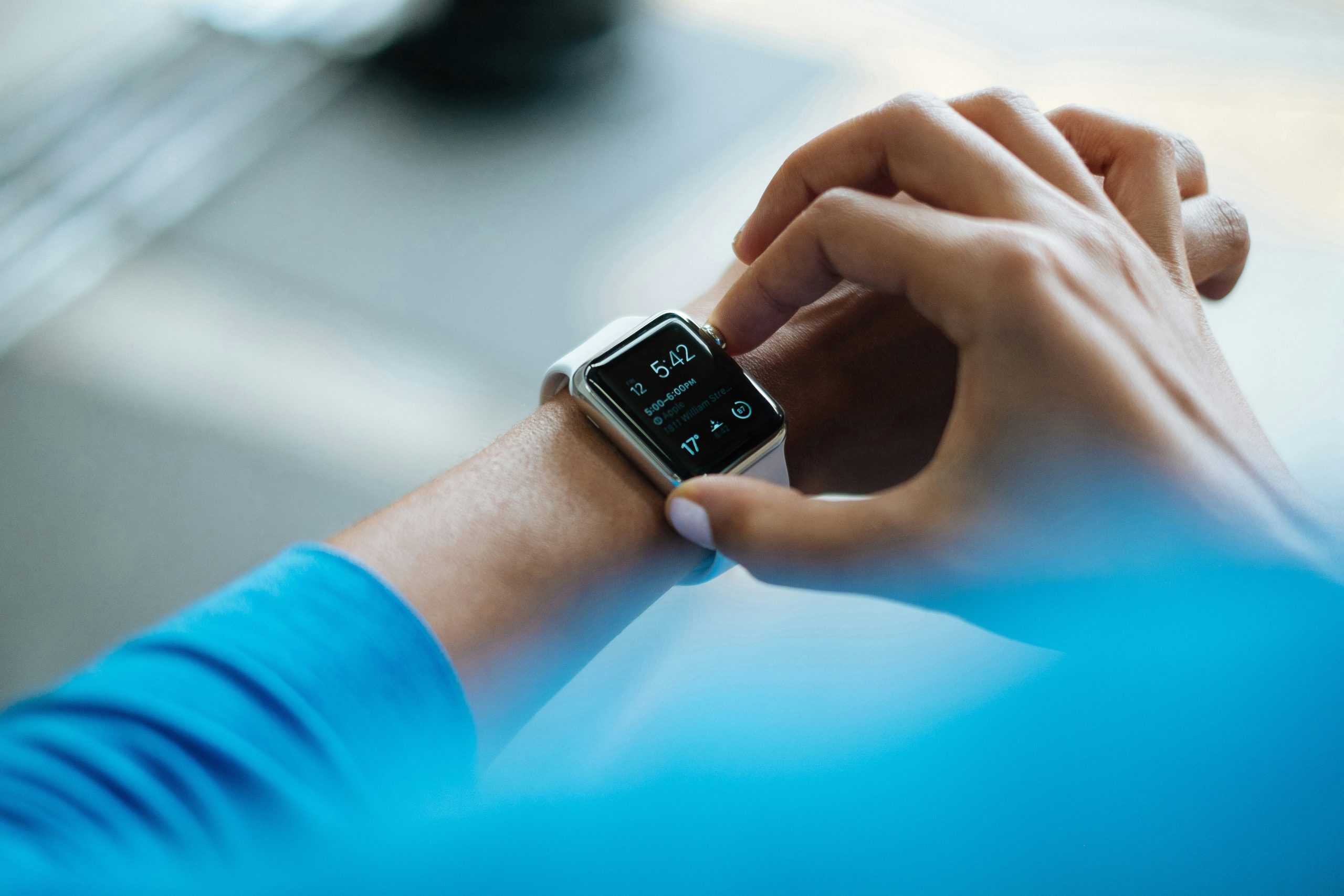Whether it’s in hospitals, care homes, or just our daily lives, technology is assisting us to fight illnesses, prevent diseases, and live longer. Fortunately, technology is constantly evolving and that means our healthcare is too. Here are four technological trends that will shape the future of healthcare in the coming years.
Virtual Reality
Virtual reality (VR) isn’t exactly new, but in recent years it does seem to have been taken to a new level. Apple’s Vision Pro headset and Facebook’s metaverse-inspired rebrand have given us a glimpse into where the space is heading. It’s also created excitement and buzz about the potential upgrades the technology could bring to our lives.
While many of these upgrades are novelties, there is excitement that virtual reality could genuinely enhance our lives. When looking at the healthcare industry, VR could drastically change the way doctors and surgeons are trained and educated.
Through virtual reality, life-like environments can be virtually recreated, offering realistic training environments that can be accessed through VR headsets. As a result, training simulations will mirror their real-world counterparts without the danger that comes with real surgeries and procedures.
Wearable Tech
The world has become increasingly digital, and just about every industry has been impacted by the digital revolution that has taken place in the last 20 years or so. While healthcare is one of the more physical industries, it’s not immune to digital disruption.
One health-focused technology trend expected to continue is technology that can be worn. In recent times, health-shaped tech gadgets like Apple Watches and WHOOP bands have become extremely popular with everyone from professional athletes to everyday people who are concerned about their physical health.
But Apple’s foray into the healthcare sector shows no signs of slowing down with their official website now even having a dedicated healthcare section. Expect to see their suite of health-improving products expand and be prepared for other tech brands to follow suit and get innovative in the area of wearable technology.
Blockchain
Much of the talk in the technology world at the moment revolves around blockchain technology. While blockchain is normally linked to opinion-splitting use cases like crypto, NFTs, and DeFi that some would class as novelty, there are many use cases that will enhance our daily lives.
The biggest selling point of blockchain is its security. Given the anonymity and privacy of the healthcare industry, this goes hand in hand with healthcare databases and patient records. Blockchain harnesses the power of distributed ledger technology. In simple terms, this means data and information are stored in several places rather than relying on one central intermediary.
In healthcare, this could offer benefits such as making the industry less susceptible to hacks, increasing the security of confidential information and making it virtually impossible to tamper with sensitive data such as medical records.
Robot-assisted Surgery
Robots are developing at an alarming rate, and robots such as Ameca are replicating human behaviour to a frighteningly accurate standard. Ameca can even recognise and react to people as well as carry out tasks like cooking and cleaning.
Introducing robots to the healthcare industry could have revolutionary impacts on the quality of healthcare but also the accessibility of healthcare. Whether you’re suffering from neuropathy or looking for plastic surgery in Manchester, it might just be that your future healthcare provider isn’t a human.




